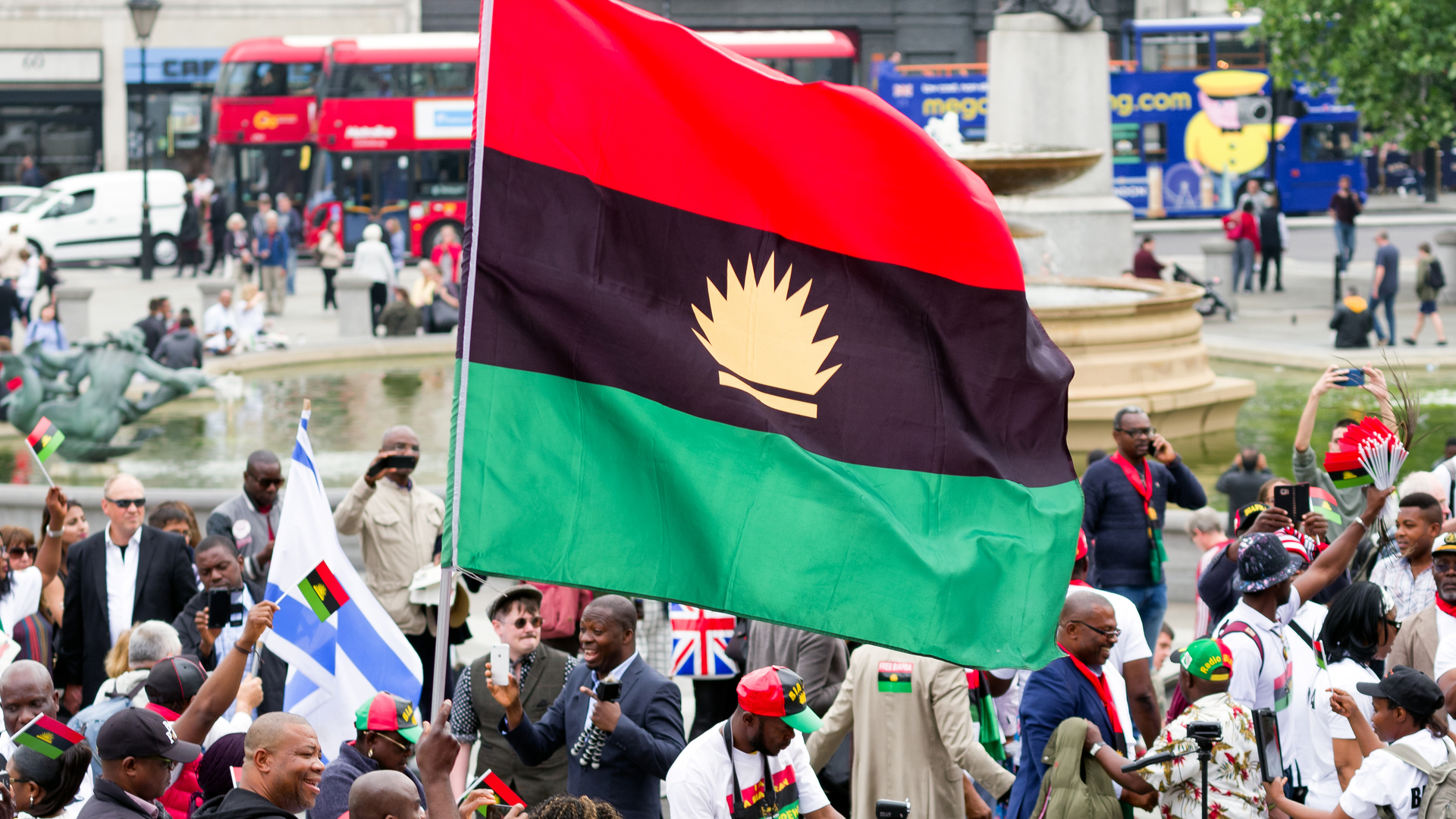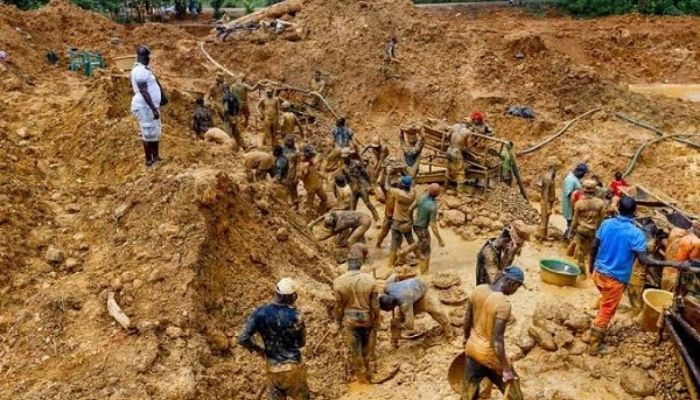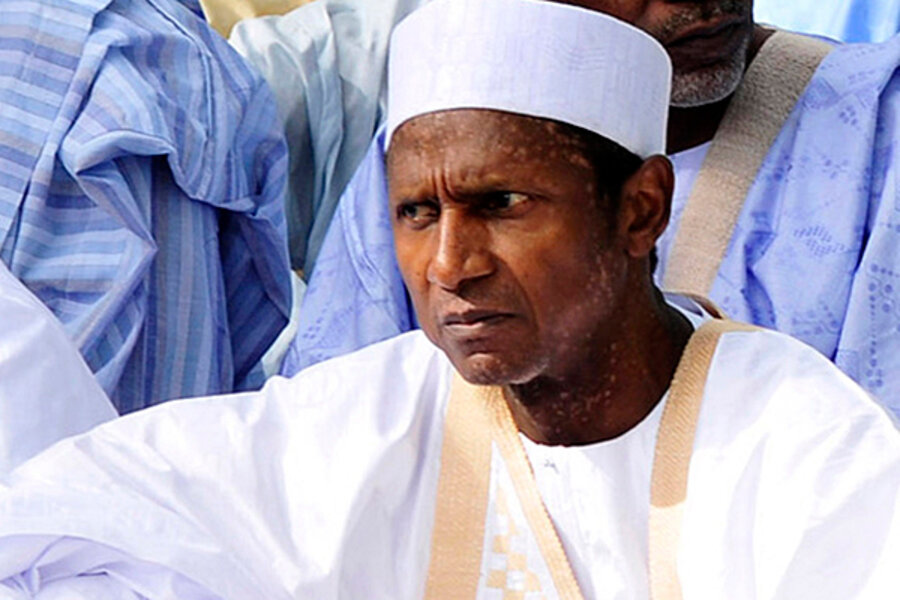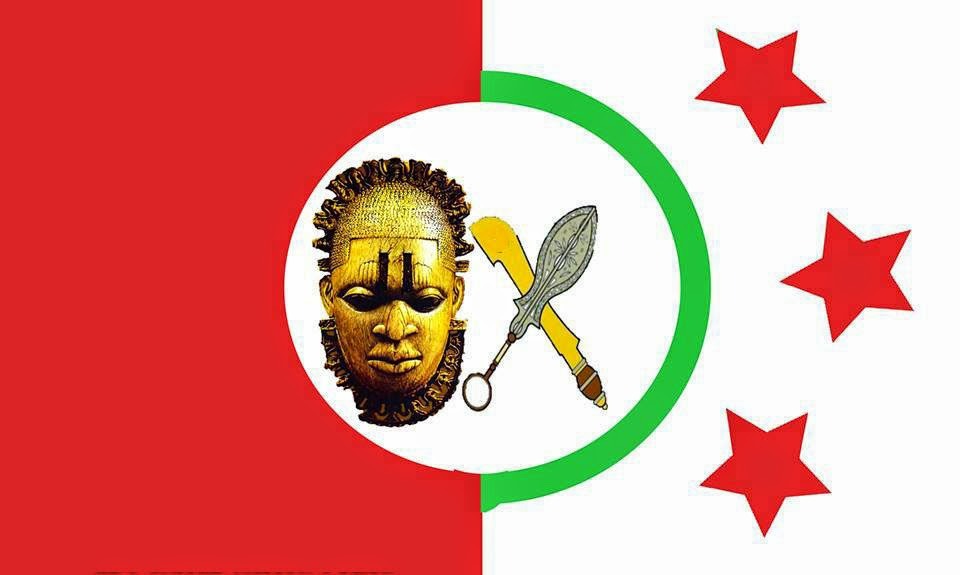culled from THISDAY, May 31, 2006
A few days ago the National Assembly opened debate on the amendment to the EFCC Establishment Act. A bill seeking to amend the Act, to properly define the relationship between the Nigerian Financial Intelligence Unit (NFIU) and the EFCC, has provided an uncommon platform for comments in the Senate, that tend to reflect similar ones already made, very erroneously, by a few Nigerians, that EFCC is selective in its operations, is power drunk and should therefore should be scrapped or at least, its powers substantially reduced.
The kinds of views expressed of late in the country reflect an observation I made sometime ago, that fighting to change attitudes in a country like Nigeria, a country riddled with endemic corruption is probably the most difficult job anyone can undertake, anywhere in the world.
This is because the environment and reality of corruption radically alters attitudes and disposition in a people. One of the first casualties is the loss of faith and confidence in government. To many Nigerians, nothing good can ever come out of the government, so, it is extremely difficult to convince the majority of sceptics that the reverse is possible and something good and genuine can and has actually come out of the system. It is easy to locate the marrow-deep distrust and scepticism in Nigeria where, in the past, leadership had failed the people in more ways than one. That environment of doubt makes it extremely easy for enemies of the war on corruption –who are seen everywhere you turn in Nigeria – to capitalize on situations to try to rewrite history and turn the table on those attempting to set the country back firmly on the right path to glory.
But before we destroy an institution that has done a lot to restore our pride in our nation, we should spare some thought on where we are coming from and the reality of the past three years.
Before the coming of EFCC, Nigeria was virtually a pariah nation on account of the negative impact of advance fee fraud and other types of economic and financial crimes on the image of our country. Every where in the world, Nigerians were treated with intense suspicion that sometimes bordered on paranoia and, foreigners were wary of coming to the country to invest. And in Nigeria itself, corruption was the order of the day. Not to be corrupt in a public office was seen as the exception rather than the rule.
Surprisingly, we all acknowledge that corruption is the reason why things do not work in Nigeria; it is the reason why democracy had been failing in the world’s tenth most populous nation. We all agree that corruption is the reason why close to five decades after independence and with one of the best concentrations of human and material resources in the world, Nigeria is ranked as one of the poorest countries in the world.
In spite of knowing all these, there was not a single Nigerian in jail for corruption. And that is not because we did not have the laws or the law enforcement agencies. In deed, most of the laws that EFCC is enforcing today, are laws that have been in existence all along, some of them were even formulated long before EFCC, by some of the most brazen looters in our history. The coming of EFCC changed everything. Those laws are no longer being consigned merely for study in courses in the universities and Law School. Today, they are being actively enforced. This is one of the major reasons why some people are uncomfortable with us. Many people have bought the misinformation that EFCC has too much powers. But that claim amounts to giving a dog a bad name in order to have justification for hanging it. I challenge Nigerians to pick up the laws setting up other law enforcement agencies and look at the powers that they have and compare with what is given to us to work in EFCC and point out clause by clause, where we seem to have been given more powers than any other law enforcement agency in Nigeria.
The truth of the matter is that in the context of legislation, EFCC is just like any other law enforcement agency, in fact, we have much less powers than most. But, the difference we have brought to the situation is that of enforcement.
In the past three years EFCC has taken law enforcement in Nigeria to new heights. We have refused to compromise or be compromised; we have refused to be intimidated by corrupt public officers and fraudsters; we have insisted on the Rule of Law. That is what has made the people who dragged us down to the lowest level in our lives and are scheming to come back again to drag us even deeper into the gutters, both angry and scared. Things have changed. Now, not only are people being tried for corruption, a sizable number have either served or are currently serving jail terms. Noteworthy is the fact certain Nigerians that were once regarded as untouchables have been subjected to the law by commission. As you read this, 57 convictions involving over a hundred people have been secured by the EFCC for crimes ranging from corruption, through banking fraud, illegal oil bunkering to 419 and several other crimes. This is a record in an environment where litigations are usually long drawn and expensive. Even older and much more experienced law enforcement agencies whether in Nigeria or outside the country cannot boast of such record achieved within the same timeframe. What is more, beyond the convictions, EFCC has recovered and either returned to the treasury of the Federal Government or to individual or corporate victims, hundreds of billions of Naira in cash and assets from corrupt public servants and other fraudsters.
The most significant negative fallout of these successes has been that since 2003, at every important stage of the work we are doing, we have been called names by virtually everyone who our actions do not favour at the particular time –we have been called tribalists, religious zealots, persecutionists, demons, just think of any name, and we have been called that name. I have not been spared even in Yola, where I come from. Those who are being made to face the law there have labelled me a sectionalist.
The point being made is that no matter what we do at EFCC, those who are at the receiving end of the war on corruption would just not fold their hands and allow us to come and wipe them and their corrupt ways out of the system just like that. They are fighting back. The tactics they are employing now, selling the misinformation that EFCC is the persecution organ of the government, either through politicians or through the media, are aimed at weakening the resolve of the Nigerian people to fight the war on corruption to its logical conclusion.
The corrupt will do anything to get power –many of them are stealing right now to achieve that. Many of those who are being unfortunately regarded as the champions of democracy and praised in the media today, are plain crooks who want to find their ways back into power to steal again. Rightly or wrongly, they think some of the most formidable obstacles on the road to realizing that devilish ambition are EFCC and Nuhu Ribadu, so they would do anything to malign and destroy us. They do not do what they are doing or say what they are saying about Nigeria in consideration of the common man or for the growth and development of the nation. Their actions are undertaken for the growth of their pockets and their stomachs. These are the people who cannot thrive except in the environment of corruption and chaos. For all they care, every other Nigerian can go hungry; every other Nigerian can go without electricity, healthcare, qualitative education and other basic necessities of life.
Criminals are today riding the crest of the opposition to attempt to worm their ways back to power. The only way to move the country forward is to have a selfless leadership. The emerging trend now is that of a gang-up between corrupt public officers using public funds to promote themselves and their businesses along with others stealing to promote themselves as presidential candidates and so on and the hyper-corrupt politicians brandishing sharpened axes to cut off and carry away our commonwealth.
Apart from having a proper legal framework and enforcement regime, the re-establishment of Rule of Law in any country where it had been perverted, is a gradual process requiring first of all, the will of not only the leaders, but also the followers and unwavering persistence, because so many booby traps would be set against the effort by those who were benefiting from the perversion.
The labelling of EFCC in the past few months is designed to have a bizarre consequence on effective law enforcement to the extent that Nigerians are being made to believe that political factors play a part in determining whether to enforce the law or not. I am still waiting to see anyone who would name a single person that we have gone after because of his politics. People should not just be making vague and sweeping general statements. I have said this over and over, but let me repeat here again, that EFCC has no business with politics. Ours is to enforce the law, pure and simple. It does not matter what the political affiliation of anyone is. As long as he/she has offended the laws that the Commission has been set up to enforce, we will bring the person to justice, sooner or later.
Let me make on brief point about the huge expectation of 150 million Nigerians from a three-year-old Commission of under a thousand men. In desperate bids to justify the misinformation that EFCC only goes after the opposition, I have heard it asked again and again, “why is EFCC not going after this or that individual?”... “Why is EFCC not inquiring into this or that organization?” etc….
The simple answer is that EFCC is not a once-and-for-all cure for all of Nigeria’s problems. We have never pretended that we have monopoly of knowledge of the solution to every problem plaguing the country. We certainly have limited capacity and resources and while we are humbled that only three years after our creation, Nigerians expect so much from us, we call on fellow countrymen to also task other law enforcement agencies. Besides, we cannot be everywhere and it is humanly impossible for us to do everything.
Many Nigerians who have been making comments about EFCC in relation to the recent bribery allegations in the National Assembly are themselves refusing to help us by coming forward with information that would assist us in our work. We are too professional at EFCC to allow emotions and sentiments to guide our operations. We work with information, evidence and facts. If we go by sentiments expressed by Nigerians, we would have simply built maximum security prison walls round the entire country because just about everyone can swear that the next man is a thief and should be in jail, but ask for evidence or information from the accuser so that you can take concrete action that same Nigerian would refuse outright to give it to you.
He may even turn around to accuse you of having shared from the stolen wealth and also give that as the reason you are allegedly not taking the ‘necessary’ of heavily descending on the accused person and sentencing him prejudicially to a lifetime in jail! We are a responsible law enforcement agency and would not do anything not covered by the law setting us up. We do our work thoroughly; we do not compromise; we are not emotional about issues and would only take matters that have merit and ones we can adduce sufficient evidence to present convincing arguments in court. Those are the simple reason for whatever modest successes we have achieved at EFCC today.
The challenge is to every Nigerian to stand up against unrepentant crooks who are now struggling among themselves to steal power at all levels. The challenge is for us all to see through their tricks and to reject the grand deception of these wolves in sheep clothing, who are trying to make a beeline to the honey pot via the destruction of one of the institutions standing in their destructive path –EFCC. We must not hand them the tools they so desperately want to have, by neglecting to be vigilant and to challenge them with the facts of their past and present lives.
Nigerians should rest assured that EFCC would not succumb to blackmail. We shall stay focused and by the grace of God, we are building in EFCC an enduring institution that Nigerians shall ever be proud of. God bless our nation.
•Ribadu, Chairman of Economic and Financial Crimes Commission (EFCC) wrote this piece for THISDAY












